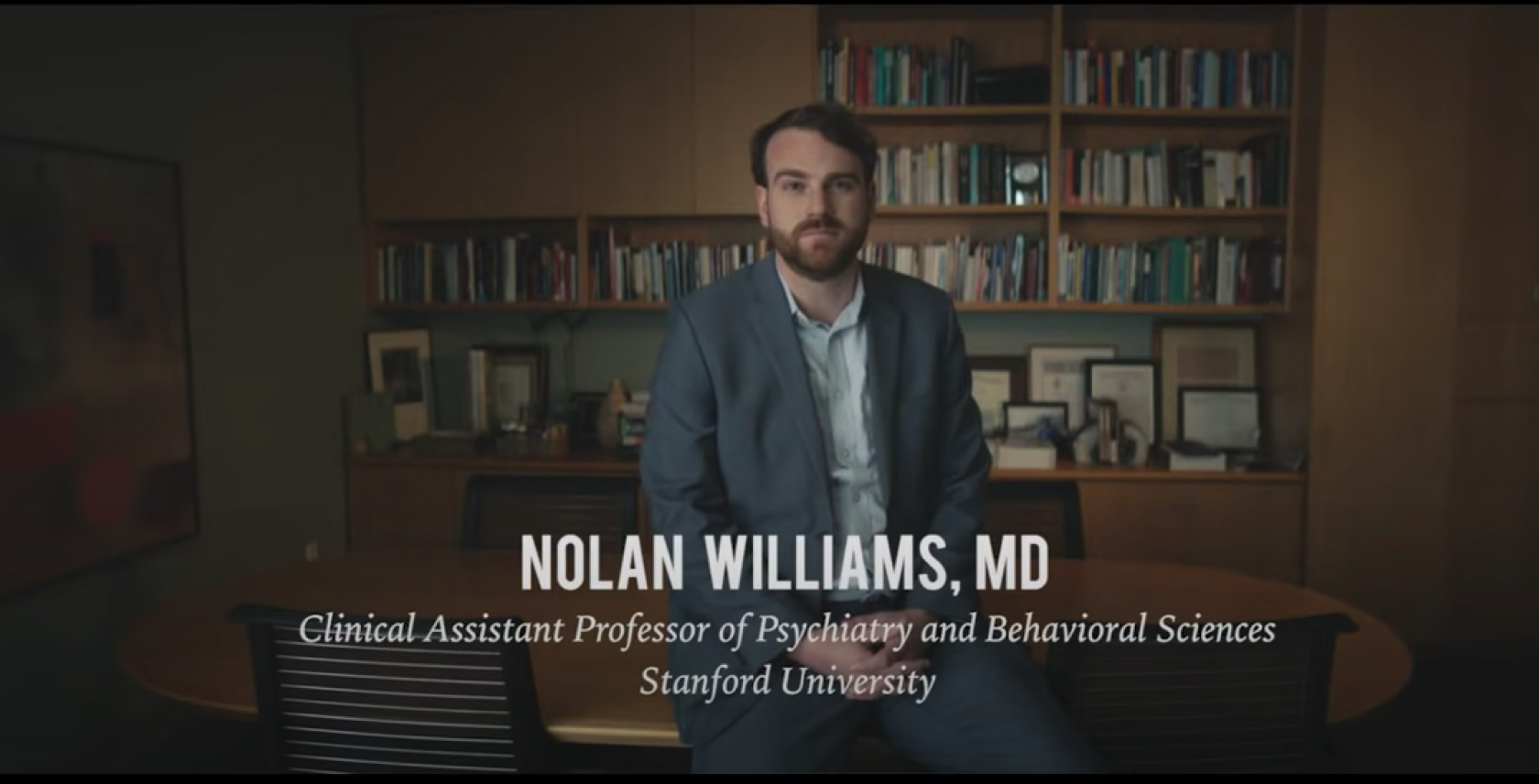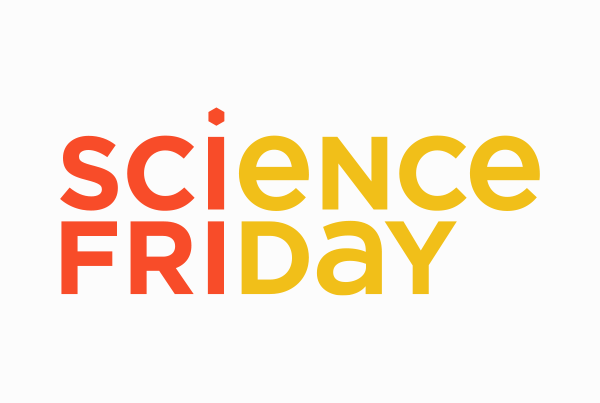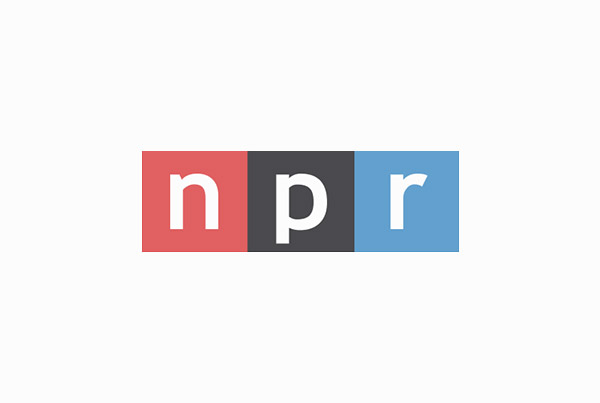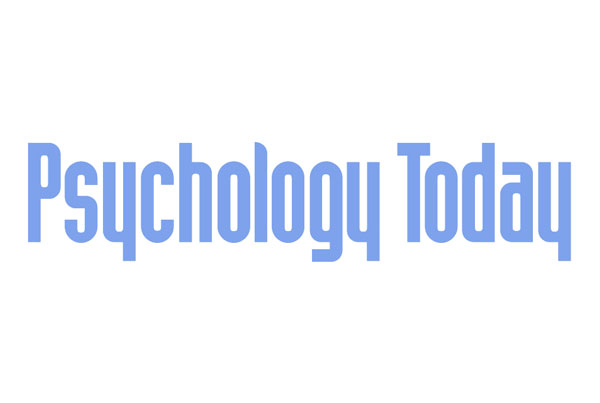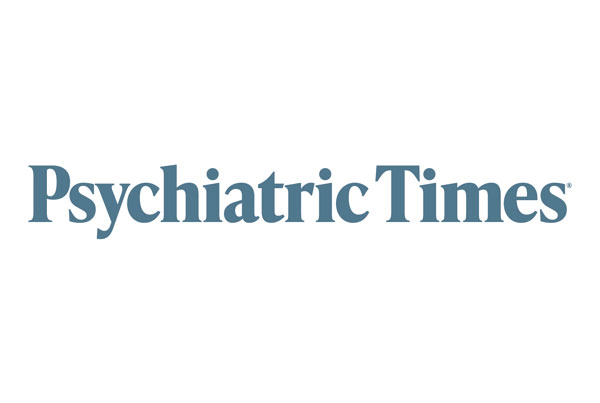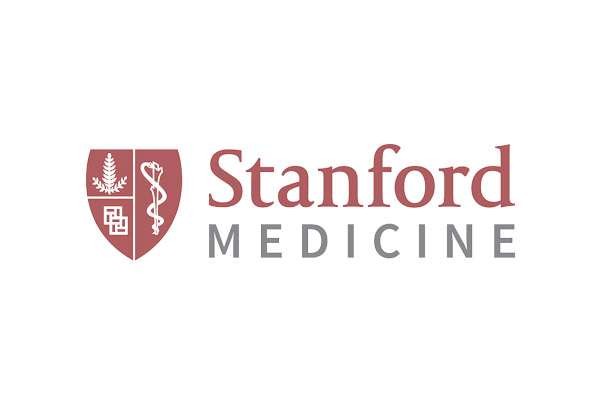“Depression is the most debilitating condition worldwide. We need to improve the efficacy of existing treatments and develop new ones for treatment-resistant neuropsychiatric illness. This requires thinking outside the box and using those insights to develop collaborative, cutting-edge research programs.”
– Nolan Williams, M.D.
About Nolan
Nolan Williams, M.D., is a Professor of Psychiatry and Behavioral Sciences at Stanford University and Director of the Stanford Brain Stimulation Lab. He specializes in experimental therapeutic approaches for neuropsychiatric illnesses.
What’s New?
Recent Awards
A.E. Bennet Award, Society of Biological Psychiatry
2024
Leading Research Achievements, Brain & Behavior Research Foundation
2022
Therapeutics Hub
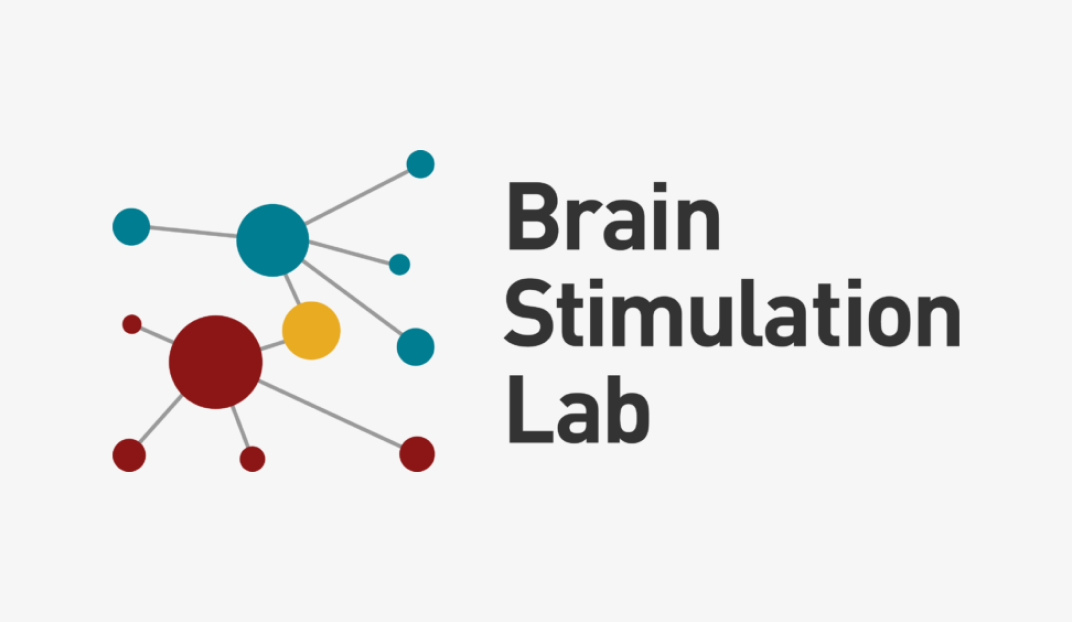
Stanford Brain Stimulation Lab
The Brain Stimulation Lab employs innovative brain stimulation and neuroimaging to understand and treat neuropsychiatric disorders. Focusing on conflict regulation, it tests theories about brain-behavior links in conditions like treatment-resistant depression, addiction, and OCD.
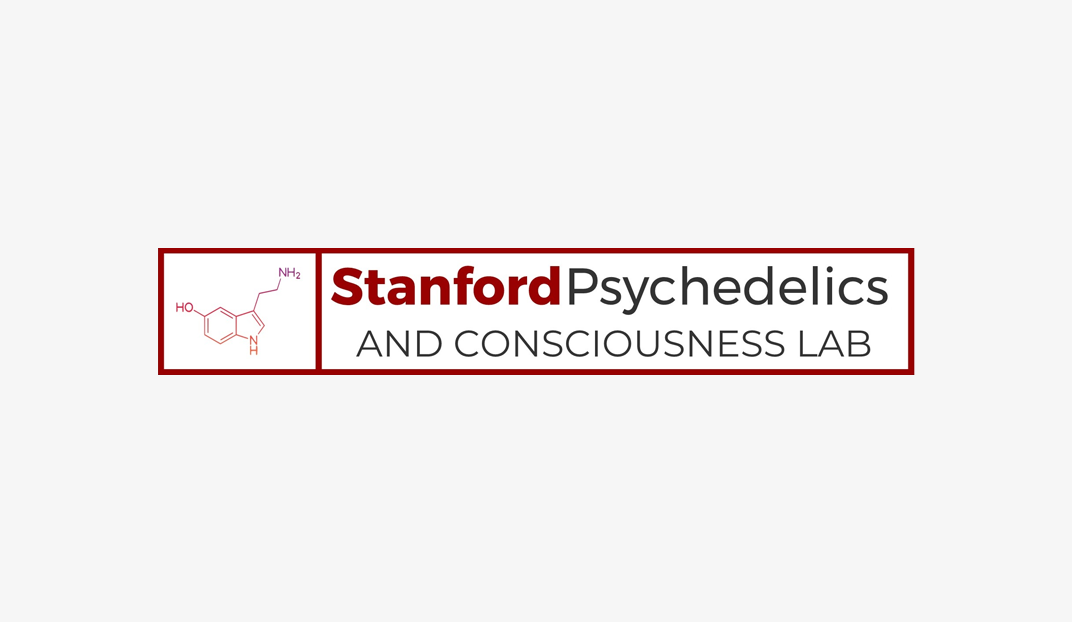
Stanford Psychedelic and Consciousness Lab
At the forefront of groundbreaking research within the Psychiatry Research Department at Stanford University, the Psychedelic and Consciousness Lab is dedicated to a singular mission: exploring the intricate neural underpinnings of the remarkable therapeutic effects of psychedelics.
A “Minds Wide Open” Short
Learn more about the promising breakthrough treatment for major depression. “SAINT” (Stanford Accelerated Intelligent Neuromodulation Therapy) is a new, advanced form of Transcranial Magnetic Stimulation (TMS) for people with treatment-resistant depression, pioneered by Dr. Nolan Williams, Founder and Director of the Brain Stimulation Lab at Stanford University.
Transforming Therapeutic Innovation
Magnus Medical
Magnus Medical is launching the SAINT™ neuromodulation system, the only FDA-cleared treatment for treatment-resistant depression, that profoundly outperformed existing treatments in clinical trials.
Media
TV Appearances
Podcasts
Articles


